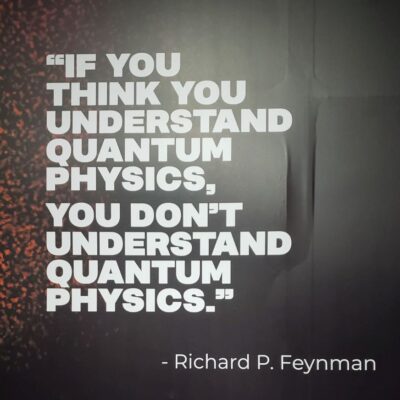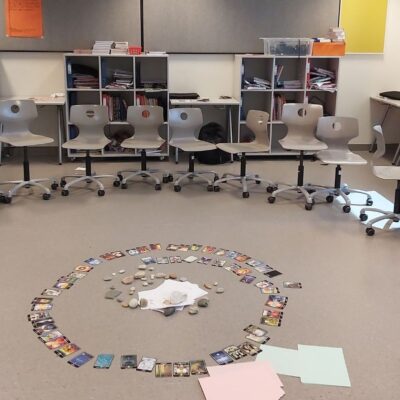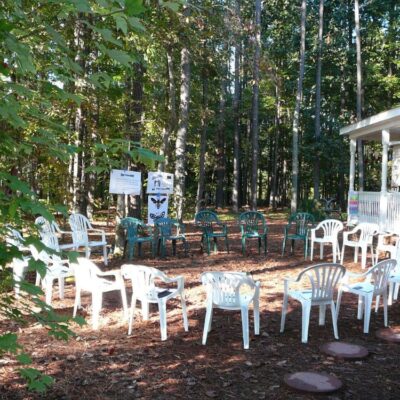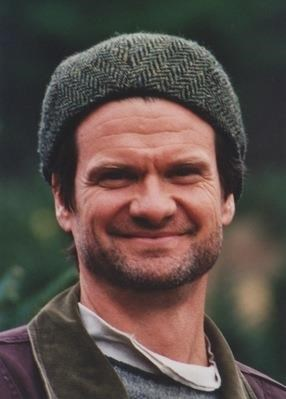
Time expands, then contracts, all in tune with the stirrings of the heart. — Haruki Murakami
One day, I was preparing for an event with a colleague. We had about a half-hour to go before 50 people would arrive for the start of the day. We were running late and were just starting to set up the venue. I thought we would need at least one more hour to even begin to be ready. I was getting nervous. All of a sudden, I felt myself accelerate as if my physical and psychic system was speeding up; my breathing got shallow, my movements became jerky and frantic, my mind started racing, yet no matter how fast I went it seemed as if time was going even faster. Not only that but the level of mistakes I was making and the amount of time I had to spend repeating and fixing things increased exponentially. Luckily at that moment my colleague noticed and came over. He said in a nonchalant and slow voice, “Doris, we don’t have time for you to go fast. Take a deep breath, let’s work slow.”
Desperate, I followed his suggestion. I forced myself to stop, to take a deep breath and look around and consciously wait a few moments before I moved. Suddenly, as if by magic things slowed down again, I felt my body relax and my breath deepen. I could see the details of the room more clearly and it became easy to see what still needed to be done — something that was impossible just seconds before. We were able to get things ready on time and were even relaxed when the first people arrived. By going slowly and not succumbing to the acceleration impulse we managed to slow down time — at least our perception of it. And with that, paradoxically, we expanded our ability to do things ‘quickly’.

The passage of time is simply an illusion created by our brains. — Julian Barbour
This was an important lesson in the elasticity of time and the value of going slowly even when you feel an urge to go fast. Speeding things up creates changes in your body that cause an experience of acceleration coupled with a narrowing of vision. Haste comes along with cause tunnel vision. You lose sight of the greater picture of what is around you, both physically and psychically. You lose the periphery, and often the periphery is where important information, as well as opportunity and danger, lie. Going fast can become a vicious circle; you rush, make mistakes, miss opportunities causing you to do more, which then inspired you to go faster, and start the process again, an ever quicker negative spiral.
Currently, we live in a time that glorifies haste. There is enormous pressure on speed in organizations and as in my story above, on a collective level that impulse causes organizations to lose opportunities, to miss important signs and connection with one another. It can become so acute that people lose all sight of what they are doing, stress is the order of the day and much suffering of people and of their projects is the result.
Knowing that going slow is helpful is great, but knowing is not enough. You need to do something in order to slow down, and often, as in my own story, you need some help. In my case, it was a person noticing and instructing me to breathe. Without him, I am sure I would have become frantic and the room would not have been ready and I would have been a mess. I had to do the breathing, but without the structure, I would not have thought of it. In a group, the same need is there.
One of the greatest benefits made by facilitating meetings and working with people the Genuine Contact™ way is that the methods we use, like Whole Person Process Facilitation and Open Space Technology, help groups to collectively slow down. With that slowness comes new connections, insights, learnings and also an inner sense of rest. At first, for many people, it feels like they are “wasting time” the urge to speed is a visceral one connected to hormones of fear and anxiety and they act on us almost subconsciously. But with time and practice it becomes easier to relax into that space and find that a half hour can be a very long time, even ten minutes can expand when the pace of time is slowed by our minds. And, like magic, when that happens new possibilities arise and what looked insurmountable can be done with ease.
There is a great saying I learned when practicing Zen…” when you don’t have time to meditate for 10 minutes then meditate for an hour.” Apparently, the wisdom of slowing down has been with humanity through the ages. It is always rewarding to provide organizations with the tools that help them to make use of this wisdom and re-find their vast human potential.
Author
-

I'm a Consultant, Facilitator, and Mentor working with clients to unearth and use the potential within their organization to address change in a healthy way as they strive to make positive contributions in the world.
View all posts










Leave a Reply